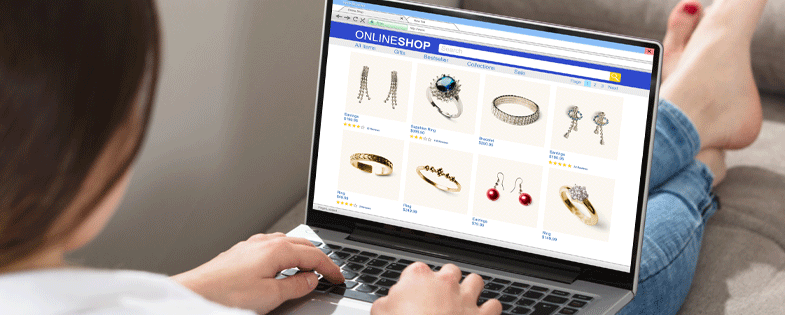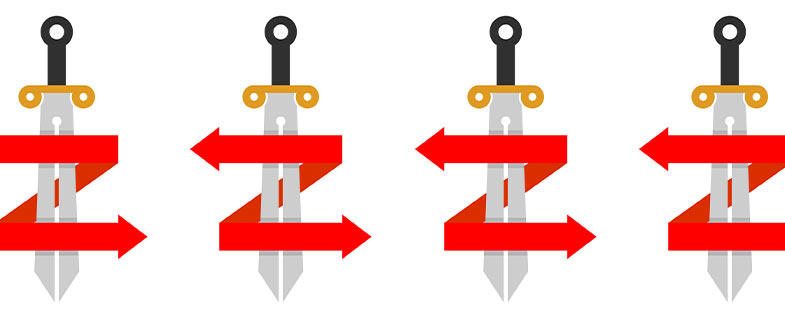

Rio Olympic TV Viewership Down In A Big Way
Earlier this summer, Steve Burke, CEO of NBCUniversal, while being interviewed about the upcoming Rio Olympics, was asked to describe his “Olympic nightmare”. His answer – ratings suddenly drop 20%. Fast forward to this month and Steve has barely escaped his self-described nightmare; TV viewership overall fell for the Rio Olympics 17% from where the London Olympics were four years ago. Adults 18-49, a demo coveted by many advertisers, fell even more – this demo saw a 25% drop in TV viewership, according to Bloomberg. This is the first summer Olympics TV ratings slip since 2000 – a tough pill to swallow for NBC’s parent company, Comcast, who paid $12 billion for exclusive U.S. broadcast rights to the Olympics through 2032.
Because ratings fell short, NBC had to make up the ratings points promised to their Olympic advertisers. NBC had promised to deliver ratings equivalent to about 21 million households and ended up delivering about 18 million or so. So, once the Olympic Games had ended, NBC went back to their advertisers and gave them free ads in NBC programming to make up the rating points. As you’d assume, this is not something networks enjoy doing.
But not all hope is lost for the network. What this Olympic Games did do for NBC was help them realize that in a world of digital and social media, with instant access to information, online is key. (Keep in mind, during the 2012 Olympic Games Netflix had about half as many U.S. subscribers as it does today, and Snapchat was just becoming known.) NBC found that streaming of the Rio Olympic Games on the NBC Sports app and NBCOlympics.com shot up 24% over the London Olympics.
Thankfully for viewers, NBC was online-ready for the Rio Games. Over 6,000 hours of Olympic coverage were made available online, and NBC created and turned over its Olympic Snapchat channel to Buzzfeed, who ran it throughout. These actions paid off – NBC was able to charge up to 50% higher rates for online ads than for TV ads, thanks to the demand for advertisers to reach 18-49-year-olds. The network reported its profit for the London Games at about $120 million; NBC now says it sold more than $1.2 billion in commercials this year and expects to see earnings above and beyond the Summer Games of 2012.
Between now and the 2018 Winter Olympic Games in Pyeongchang, South Korea, NBC will push to expand its digital capabilities, and continue to try and find the right balance between television and online content offerings. Digital media will be even more important for U.S. Olympic viewers two years from now; not only will we be two years deeper into the evolution of digital media, but there is also a 13 hour time difference between Pyeongchang and the U.S. Eastern Time Zone. This means in a world of instant gratification, our prime time television slots will coincide with South Korea mornings. Not a match made in Heaven.
It’ll take some definite legwork, but if approached correctly NBC could have a massive opportunity on its hands. The Olympics has shown that it can be an absolute ratings juggernaut; viewers are interested in Olympic content, they just want it as fast as possible or they’ll move on. Will NBC seize the opportunity? Time will tell.




